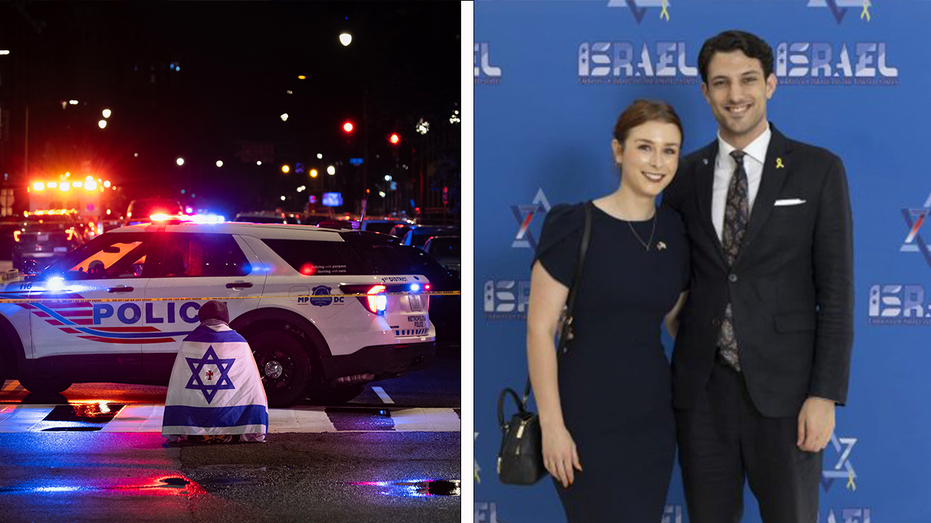Israeli Diplomat Warns Radicalism Is a Growing American Problem Following Deadly D.C. Shooting
Israeli Deputy Consul General urges Americans to combat radicalism following deadly D.C. shootings.

The shooting of two Israeli Embassy staffers in Washington, D.C. has sparked urgent warnings from Israeli diplomats about the growing threat of radicalism and antisemitism on American soil. Tsach Saar, Deputy Consul General of Israel in New York, emphasized that recent violence targeting Jews is not an isolated issue for one community, but a challenge that strikes at the very foundation of American democracy.
"It's not an Israeli problem and not a Jewish problem—it's an American problem," Saar said, cautioning that extremists seeking to "globalize the Intifada" are aiming to export violence beyond the Middle East. He described the phrase as a direct call to incite violence, warning that the impact of such slogans goes far beyond the communities directly targeted. "These people who incite, who call for violence, who use antisemitic rhetoric, at the end of the day, they are shaking the pillars of American democracy," Saar stated, urging immediate action.
The recent fatal shooting outside the Capital Jewish Museum, which left Sarah Milgrim and Yaron Lischinsky dead, has once again thrust the issue of antisemitic violence into the national spotlight. Authorities allege that the suspect, Elias Rodriguez, was heard chanting "free, free Palestine" during his arrest—a slogan that has become increasingly common at anti-Israel protests since the Hamas attacks against Israel on October 7 and the subsequent conflict in Gaza.
College campuses across the United States have seen a sharp rise in anti-Israel rhetoric and protest activities, with some demonstrations crossing the line from free speech into open calls for violence. Columbia University in New York has been highlighted as one of the hotspots for such activity, where Jewish, Israeli, and pro-Israel students have reported feeling unsafe, targeted, and marginalized. Incidents like protesters torching diplomas outside graduation ceremonies underscore the heightened tensions gripping academic communities.
Saar acknowledged America's commitment to the First Amendment and the importance of free expression, but he warned that the distinction between legitimate speech and incitement is being dangerously blurred. "There is a difference between expressing one’s viewpoint and inciting violence," he asserted, encouraging those affected to remain proud and visible, rather than retreat in fear. "The answer is not hiding our stars [of David], we should be proud of who we are," Saar said, calling for unity and lawful resistance against hate-driven rhetoric.
The surge in antisemitic incidents has been quantifiable. According to data released by the Anti-Defamation League in April, there were 9,354 documented antisemitic incidents in the United States in 2024—a record-breaking figure marking a 5% increase over the previous year. This marks the fourth consecutive year in which antisemitism has reached new highs nationwide, intensifying concerns among Jewish communities and civil rights advocates alike.
As calls grow for stronger measures to combat hate-fueled violence and rhetoric, Saar and other community leaders warn that the threat of radicalism is not limited to any single group or cause. Instead, they argue, unchecked extremism imperils the safety, unity, and core values that underpin American society—making it a crisis that demands broad national attention and response.




